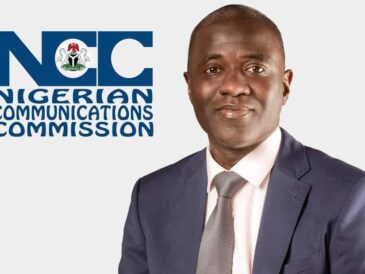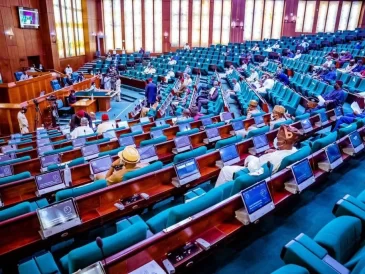Lagos, Nov. 2, 2023 – The Nigerian Communication Commission (NCC) has started implementing new strategies to meet the new target of 70 per cent broadband penetration in Nigeria by the year 2025.
Aminu Maida, the Chief Executive of the NCC, said this at the just concluded 2023 Annual Conference of Nigeria Information Technology Reporters Association (NITRA) in Lagos.
He said the new target was contained in the Nigerian National Broadband Plan 2020-2025 and the blueprint just released to facilitate the growth of the digital economy sector through technology.
Maida said the targets and strategies had huge implications for enhancing derivable benefits of the Fintech industry as well as significantly and positively impacting Nigeria’s goals on financial inclusion and the digital economy at large.
The EVC, who was represented by the Controller of NCC Lagos Zonal Office, Mr Henry Ojiokpota, said the Commission was also keenly focused on maintaining minimum standards in Quality of Service (QOS) to ensure uninterrupted connectivity.
He promised that the Commission would continue to support the Fintech industry in Nigeria in harnessing its enormous potential and would not rest on its oars to address the challenges in the sector.
Maida said the Commission had implemented the Memorandum of Understanding with Central Bank of Nigeria (CBN) on boosting payment systems and financial inclusion in line with the Nigeria Payments System Vision 2025.
Maida promised that NCC would continue to play an important role in harnessing the potential of Fintech through maximum support for Fintech policies, enforcing regulations, and strengthening collaborations with relevant authorities.
The EVC said Fintech was already revolutionising Nigeria’s financial ecosystem as it represented a positive disruption to the conventional financial system.
He said the emergence of Fintech had leveraged technology to enhance financial services such as mobile banking, borrowing, investment, and cryptocurrency.
“Therefore, Fintech has the potential to deepen the existing payment and financial system infrastructure to reach unserved and underserved areas and further stimulate economic growth.” (GBN)




